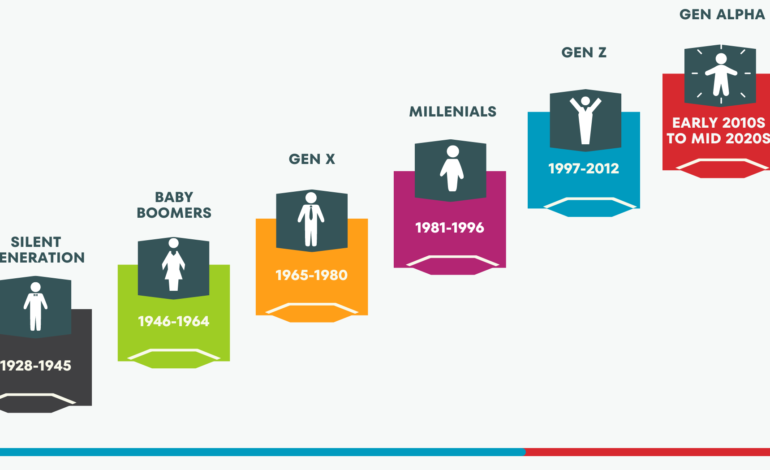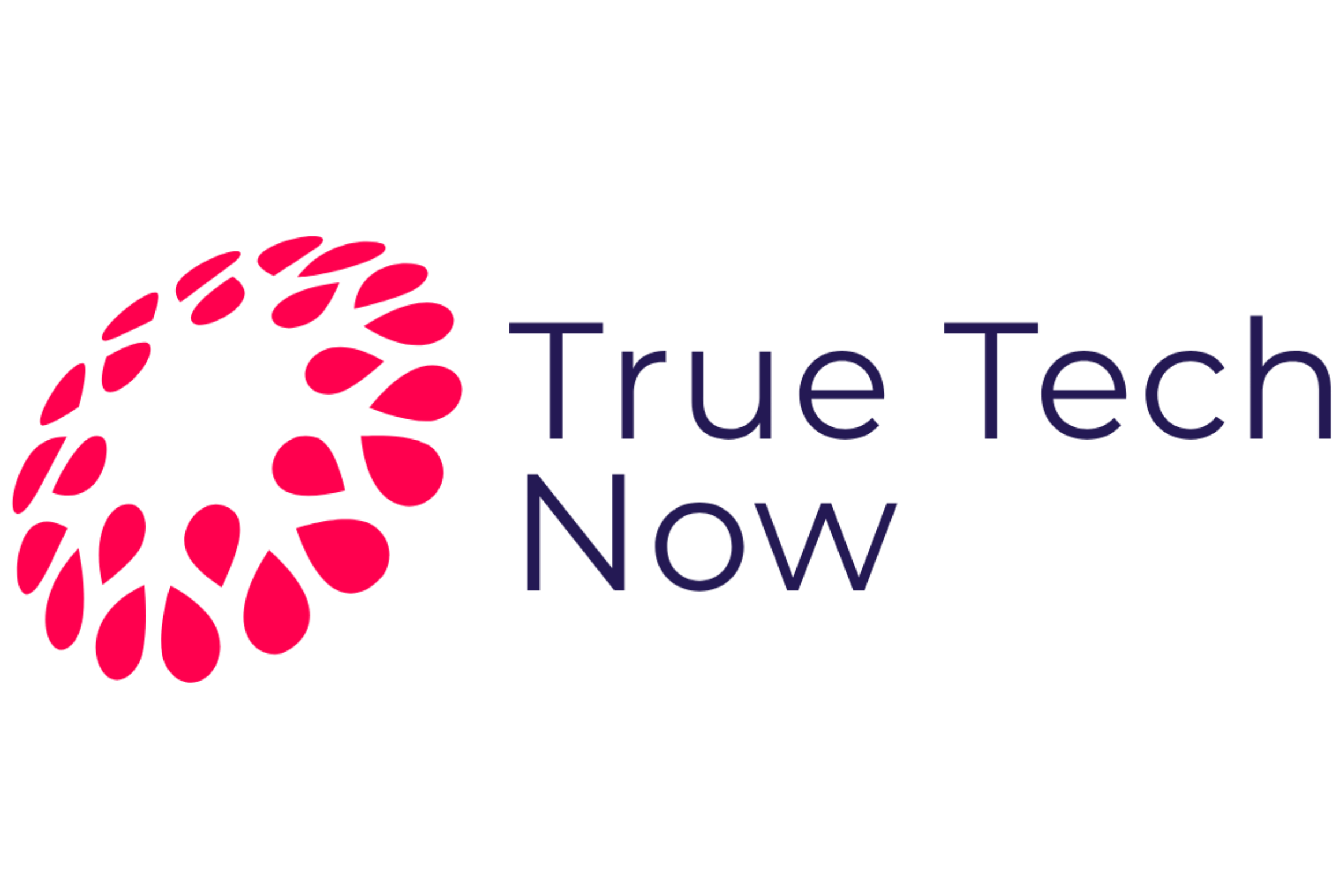Everything You Need to Know About Generation Alpha Years

Generation Alpha refers to the group of children born from 2010 onwards, a generation raised in an era of rapid technological advancement. As this new generation grows, they will experience a world very different from the one their predecessors knew. In this article, we’ll explore who they are, how they are shaped by their environment, and what the future holds for them. Let’s dive into everything you need to know about Generation Alpha years.
What is Generation Alpha?
Generation Alpha is the cohort of children born from 2010 and beyond. They are the first group of children to be fully raised in a digital world, with technology being an integral part of their lives from day one. Unlike previous generations that witnessed the rise of the internet, smartphones, and social media, Generation Alpha is growing up with these technologies already well-established. They are the children of Millennials and the younger siblings of Generation Z, which means they have different influences shaping their worldview.
Their upbringing is defined by an ever-growing dependency on digital tools and technologies, such as smartphones, tablets, and artificial intelligence. This connection to the digital world has a profound impact on how they interact with each other and their environment. From a very young age, they are immersed in technology, making them distinct from previous generations. The world they grow up in will be filled with new challenges and opportunities that will shape their future.
The World Generation Alpha Is Growing Up In
Generation Alpha is experiencing a world that is vastly different from the ones their parents or grandparents grew up in. One major difference is the environment in which they live—everything is fast-paced and interconnected. With the rise of the internet, the world is becoming more globalized, and children today have access to information from all over the world, anytime and anywhere.
The COVID-19 pandemic also changed how Generation Alpha interacts with their world. Many children in this generation have spent significant portions of their early years attending virtual classes or playing games online. They have become accustomed to staying connected with friends and family virtually, relying on digital platforms to socialize and learn. For many, this digital-first experience will be foundational to their development.
Moreover, environmental issues, such as climate change, have become significant topics in the world of Generation Alpha. These children will grow up with an increased awareness of the need to protect the planet, which will influence their values and priorities as they mature.
How Technology Affects Generation Alpha
Technology is arguably the most significant factor in shaping Generation Alpha. From smartphones to smart homes, tech is embedded in every part of their lives. Let’s break down how technology is affecting them.

Early Exposure to Tech Devices
Many children in Generation Alpha are exposed to technology from an early age, often before they can walk or talk. Parents and caregivers often use tablets, smartphones, and other devices as tools for entertainment or education. This early exposure means that these children are becoming incredibly tech-savvy, learning to use devices in ways that previous generations might not have experienced until their teenage years.
With educational apps, online learning platforms, and interactive digital games, Generation Alpha is learning in more dynamic and engaging ways. However, this early exposure also raises concerns about screen time and its potential effects on physical and mental health.
How Technology Impacts Learning
For Generation Alpha, learning is not confined to traditional methods like textbooks and classrooms. The internet and educational apps have revolutionized how children access and process information. Online resources provide endless opportunities for self-directed learning, and educational games can enhance critical thinking and problem-solving skills.
This generation is accustomed to learning at their own pace, often using digital devices to explore subjects that interest them. Virtual reality (VR) and augmented reality (AR) are also making their way into classrooms, offering immersive learning experiences that were once the stuff of science fiction.
Social Media and Generation Alpha
While many members of Generation Alpha are still too young to fully engage with social media, the influence of platforms like Instagram, TikTok, and YouTube is already present in their lives. They may not have their own accounts yet, but they are growing up surrounded by the culture of social media. Influencers, viral trends, and digital content creators are shaping their expectations of fame, success, and social interaction.
As they get older, Generation Alpha will undoubtedly become more involved in social media, where they will be faced with both positive and negative influences. Parents and educators will play a key role in guiding children through the complexities of online spaces.
What Makes Generation Alpha Unique?
What sets Generation Alpha apart from previous generations is their seamless integration with technology. While Generation Z experienced the rise of the internet, smartphones, and social media, Generation Alpha has grown up surrounded by these innovations. They don’t know a world without smartphones, instant connectivity, or artificial intelligence.
This generation is also more diverse than previous ones, with many members coming from multicultural backgrounds. As a result, Generation Alpha will likely have a more global perspective and a greater appreciation for diversity. They will be part of a society that values inclusion, sustainability, and innovation.
The Future of Generation Alpha
The future of Generation Alpha is incredibly promising but comes with its own set of challenges. As they grow older, they will be exposed to even more advanced technologies, including AI, automation, and perhaps even space exploration. They are likely to have career opportunities in fields that don’t exist yet, such as AI programming, renewable energy innovation, and space tourism.
However, with these advancements come challenges, including concerns over job automation, data privacy, and the environmental impact of technological growth. Generation Alpha will have to navigate these issues and work towards creating a sustainable and equitable world.
What Are the Challenges of Growing Up in the Generation Alpha Years?
While Generation Alpha enjoys many advantages due to technology and societal changes, they also face unique challenges that will define their development. Let’s take a closer look at some of these challenges.

Screen Time and Health Concerns
One of the most significant concerns for Generation Alpha is the impact of screen time on their health. Prolonged use of smartphones, tablets, and computers has been linked to issues such as eye strain, poor posture, and disrupted sleep patterns. Furthermore, excessive screen time has been associated with mental health issues, such as anxiety and depression.
Parents and caregivers need to be mindful of how much time their children spend on devices and encourage activities that promote physical and emotional well-being, such as outdoor play, social interaction, and creative hobbies.
Social Skills and Digital Communication
As Generation Alpha grows up in a world dominated by digital communication, there is concern about their ability to develop strong social skills. While they may be adept at texting, video chatting, and interacting online, face-to-face communication is becoming less common. This could impact their ability to read social cues, express empathy, and engage in meaningful conversations.
It’s essential for parents and educators to balance screen time with opportunities for in-person socialization, ensuring that Generation Alpha grows up with strong interpersonal skills.
How Technology Affects Their Learning
While technology offers many education benefits, it can also have drawbacks. Over-reliance on digital devices may hinder the development of critical thinking and problem-solving skills. Children who rely too heavily on online resources may struggle to process information independently or engage in deep thinking.
In the future, a balance will be necessary—incorporating technology into learning while still emphasizing the importance of traditional study habits and independent thinking.
How Generation Alpha Will Change the World
Generation Alpha is likely to have a profound impact on the world. Growing up with technology and facing global challenges like climate change, economic inequality, and political unrest, they will be uniquely equipped to tackle these issues. Their understanding of technology and innovation will enable them to find creative solutions to the world’s problems, and their strong sense of social responsibility will drive them to make the world a better place.
In Conclusion
Generation Alpha is poised to be the most technologically advanced and globally connected generation yet. While they will face challenges related to screen time, social skills, and learning, they will also have unparalleled opportunities to shape the future. As they grow up in a rapidly changing world, their adaptability, innovation, and diverse perspectives will undoubtedly leave a lasting mark on society.
In the years to come, we can expect Generation Alpha to continue redefining what it means to live in the digital age, creating new technologies, industries, and ways of thinking that will change the world for the better.






